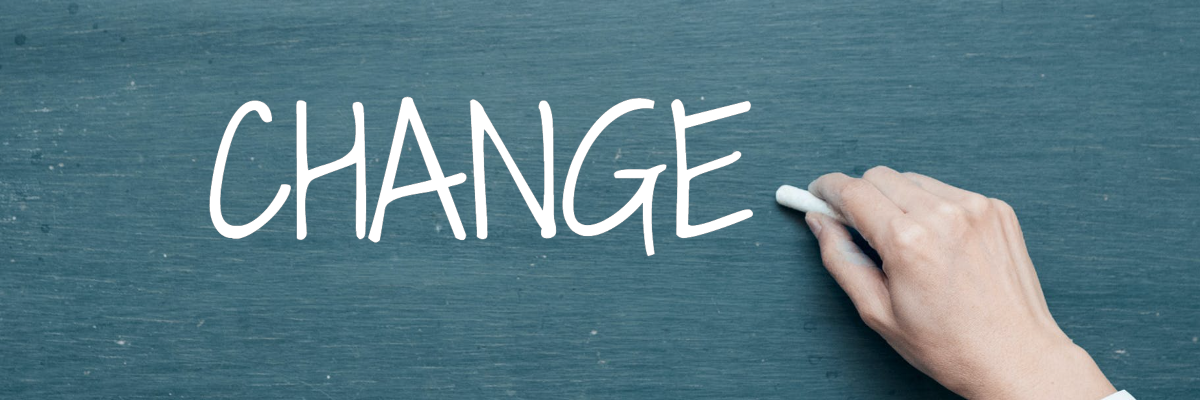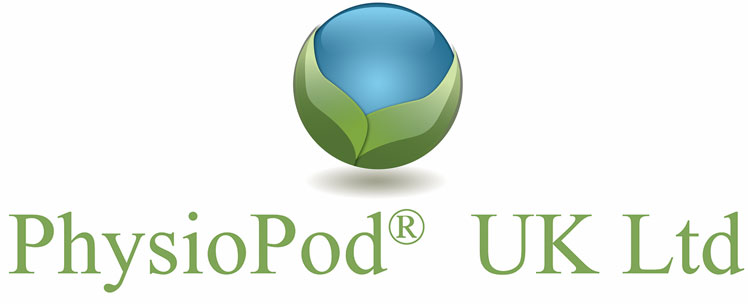Self-Care - By Dean Attwood Mindset and Performance Coach and Anxiety Expert
Let’s start by considering the definition
- The Practice of taking action to preserve or improve one’s own health.
- The Practice of taking an active role in protecting one’s own well-being and happiness, in particular during periods of stress.
There is so much information available to us on the topic of self-care, different methods of self-care in which to help and support yourself, along with its importance and the immense benefits. A simple search of the term ‘Self-care’ on Google will provide over 14,660,000,000 results! Yet so few people ever take the time to prioritise self-care into their daily lives. So, this tells us that a lack of information is certainly not the issue. So, what is the issue? We individually must take a step back and ask of ourselves with real honest inquiry, “‘Why’ am I not allowing myself to be kind to ME?”


So, is it habit that is the issue here? We as humans love habits, not all of them are good.
For Nathaniel Emmons said, “Habit is either the best of servants or the worst of masters.” Food for thought.
Sadly, the real issue is down to a false belief. For some reason we are absolutely convinced that if we criticise ourselves hard enough, that the criticism will lead to change…..
If we are harsh enough, we believe we will end up being kind…
If we shame ourselves, we believe we will end up loving ourselves.
This is so very wrong. There is no circumstance where shame will lead to love.
Only love leads to love!

Ooooo that word…
Change can be a real challenge.
I personally believe that change is the cornerstone of self-care.
Have you compensated from trauma, abuse or a lack of love or self-love for that matter?
Are you simply just surviving? Unsure where to start or do you find it almost impossible to change, grow or start a new ‘way’ of being and living in the present?
For today, let’s go back a few steps so it may support us in moving forward.
I always find the first step is it to acknowledge where you are at, in this present moment.
Firstly, let’s appreciate just how hard change can be.

Let’s look at the ‘Arms Folding Technique.’
Simply fold your arms right now.
Look down and see which arm is on top and which hand sits behind which arm.
Now uncross your arms and do it the other way…
Now before you say ‘That was Easy’ make sure you haven’t done it the
‘normal’ way…
Ha-ha, not as easier as you think right.
It may take you a few goes to get it to sit the other way.
When you have crossed your arms the ‘other’ way stop.
Your brain might already be telling you
“I don’t like this…”
“Switch back….. this is not comfortable…”
You may already be loosening your grip or have let go and unfolded your arms…
If this is the case, then start again and listen to what is being internally spoken to you.
Feel the uncertainty of it and really listen to all that your amazing brain is telling
you and making you feel.
All I have asked you to do is to change how you cross your arms, by moving
one arm and one hand.
Now, appreciate just how challenging it can be to change a large part of your life
and the ensuing increase in uncertainty this can bring, especially if historically
you are hard on yourself, or you have a habit of shifting your focus to help,
support or look after others first.

A bold approach is to sit quietly but with complete honesty and ask yourself.
“What am I doing consistently that is messing up / not improving / stopping
me from growing or moving forward, in my life?” This can be done on a chair or
more powerfully, in front of a mirror.
3 Questions to ask yourself honestly:
- How do I speak to my friends and family? With love, kindness, gratitude, honour and a sense of humour or harsh, nasty, without calm or regard?
- How do I treat myself and talk to myself? With love, patience and kindness?
- How would the person I want to become speak to myself?
Have you answered these with a positive or negative answer?

Replace judgemental words with descriptive words
Avoid assuming or interpreting what other people think about you without checking the facts. No-one has ever observed another person’s thoughts motives, intentions, feelings, emotions, desires or experiences.
So, let’s start by changing the language. First thing in the morning find and say 3 things about yourself that are in a positive light and always start with “I am …. “
For example, “I am a good person” or “I am a great parent”
Remember go easy and be kind to yourself during the day, be mindful of how you choose to speak to yourself, and realise it is not an over-night exercise, this is now the new you and a new chapter.

Another tool to support your self-care is journaling and gratitude journaling. Studies have shown that journaling assists our transition into a positive state faster because it engages both your mental as well as your physical faculties. This is a great exercise to put anybody into a state of appreciation, openness and gratitude. WE cannot feel two opposite emotions at the same time.

Lastly,
Respect your body when it’s asking you for a break
Respect your mind when its seeking rest
Honour yourself when you need a moment just for you.

